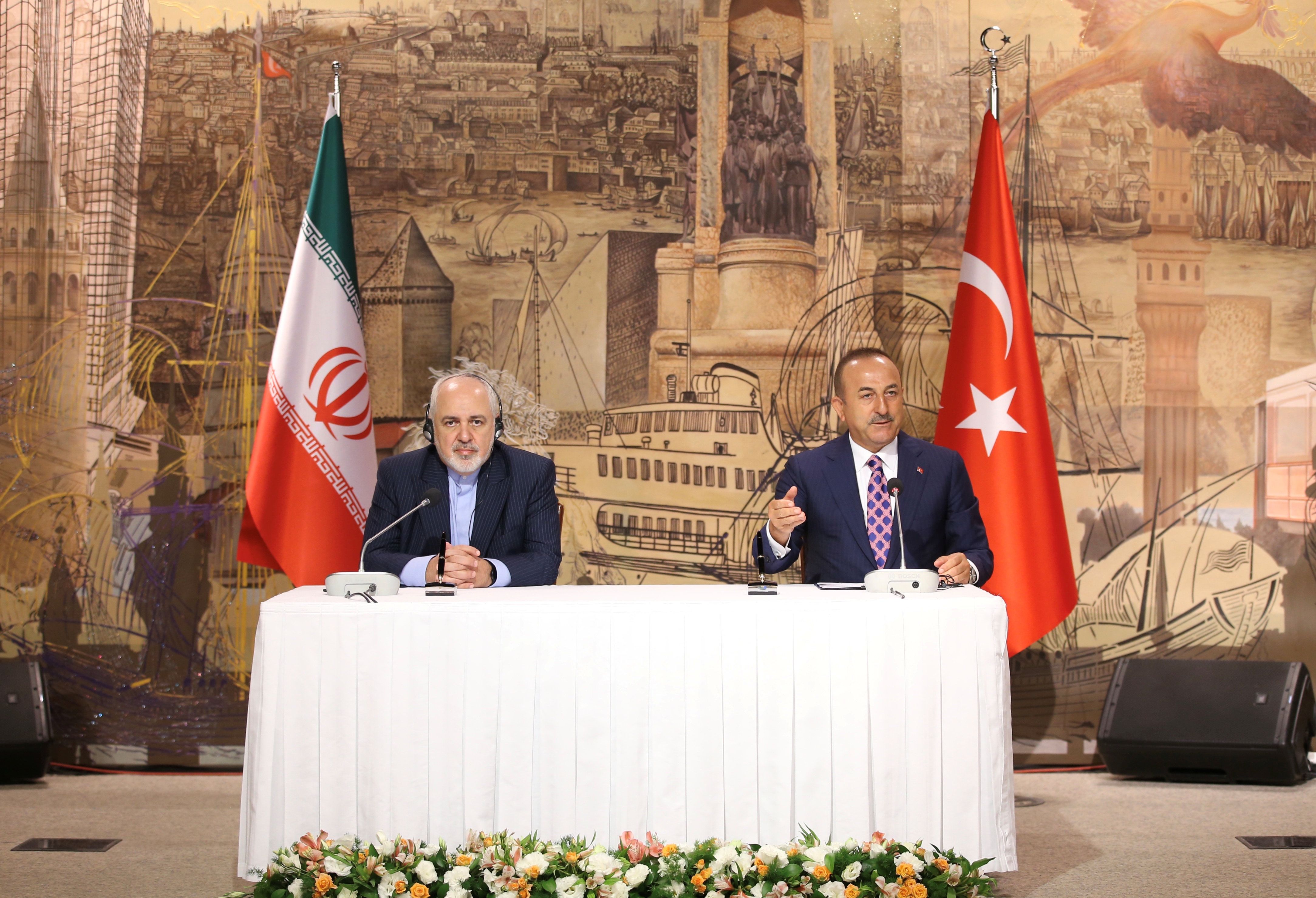Science & Tech
June 17, 2020
Iraqi Kurds, beware of "Claw Eagle:" Turkish special forces have crossed into northern Iraq as part of a new offensive — dubbed "Operation Claw Eagle" by Ankara — to fight Kurdish militants there. The latest move follows Turkish airstrikes against Kurdistan People's Party forces earlier this week in response to attacks by Kurdish militants on army bases and police stations in southern Turkey. The Turkish military has battled rebel Kurds in northern Iraq for decades, but this time signs of Iranian air support suggest close cooperation between Ankara and Tehran, which is also keen to keep a lid on the ambitions of ethnic Kurds inside Iran.
New Zealand loses its zero status: Barely a week after declaring itself COVID-free, New Zealand has ordered the military to oversee border quarantine facilities after two people with coronavirus were prematurely released into the country after arriving from the UK. Prime Minister Jacinda Ardern, who has been praised for her deft and compassionate handling of the epidemic, acknowledged the "unacceptable failure" and appointed the armed forces to audit and enforce the country's strict quarantine policy for people arriving from abroad. Dozens of countries around the world still have travel restrictions in place, but as they begin cautiously reopening their borders to tourism and commerce, the challenges of detecting and containing coronavirus outbreaks will be immense.
More For You
Miami Mayor-elect Eileen Higgins points as she thanks her staff and supporters on the night of the general election, on Tuesday, Nov. 4, 2025.
Carl Juste/Miami Herald/TNS/ABACAPRESS.COM
A Democrat won Miami’s mayoral race for the first time in nearly 30 years. The Republican defeat will ring some alarms for the party – and their support among Latino voters.
Most Popular
Walmart’s $350 billion commitment to American manufacturing means two-thirds of the products we buy come straight from our backyard to yours. From New Jersey hot sauce to grills made in Tennessee, Walmart is stocking the shelves with products rooted in local communities. The impact? Over 750,000 American jobs - putting more people to work and keeping communities strong. Learn more here.
© 2025 GZERO Media. All Rights Reserved | A Eurasia Group media company.
